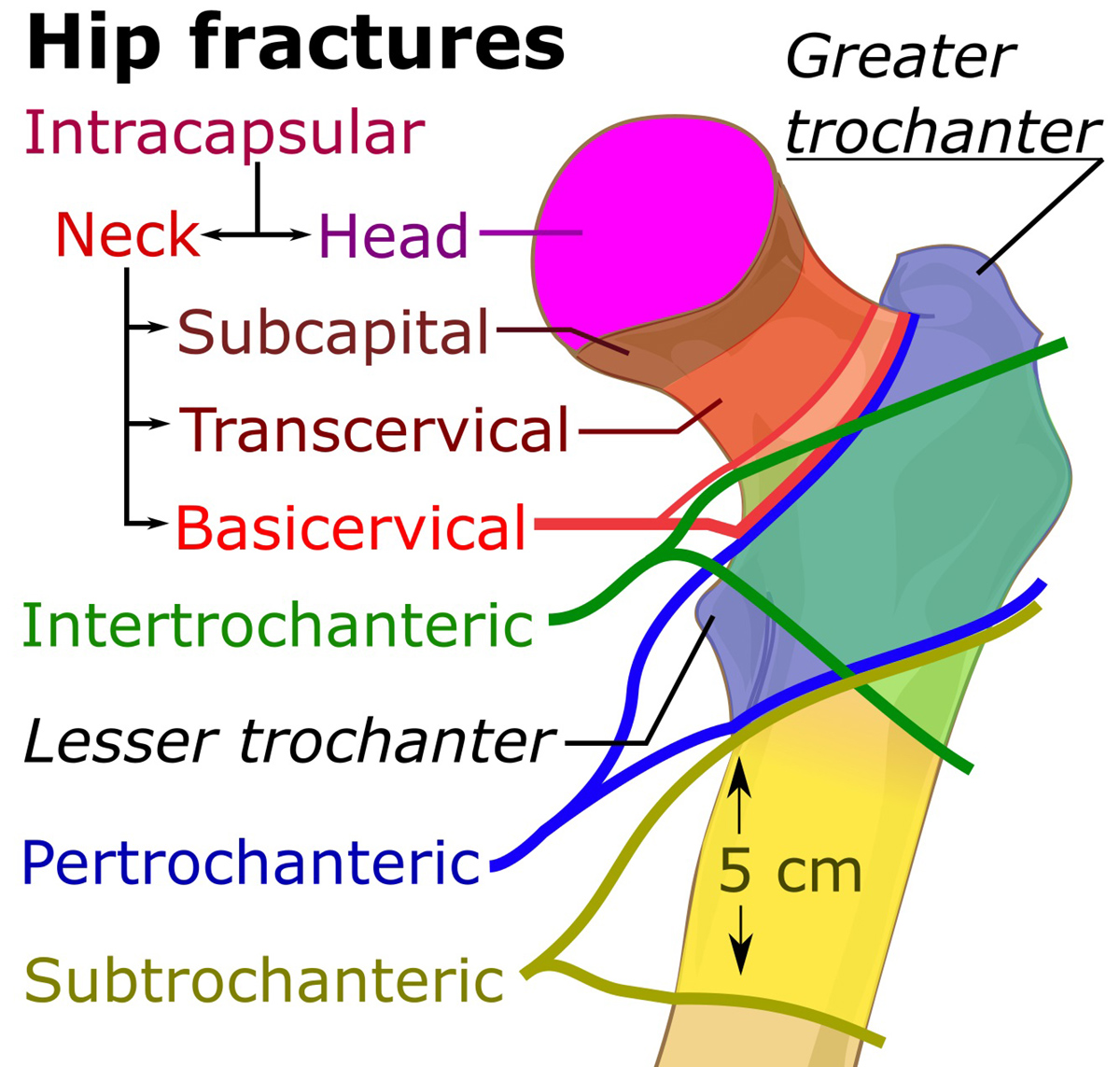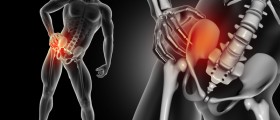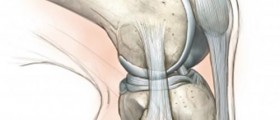
Like with any other surgical procedure hip replacement surgery carries its own risks. Here are some of them.
Change in length of your leg
There are several lengths of hip replacement implants, and also your leg joint may be slightly deformed from years of limping with your bad hip, so it is possible to mismatch the length of your new hip implant. Usually after the surgery and the muscle recovery period, differences of length between your legs are not noticeable. In rare case that it is, you can always trim your shoe hill a little.
Loosening of the artificial hip
Although is it highly unlikely, your new artificial hip may become loose over time. Thanks to new high tech materials that hip implants are made of, this is possible only after ten or more years, and this period is prolonged with every new metal alloy they use or a new kind of cement. But in case that it did happen to you and your doctor confirmed this case by using X rays he can then recommend a revision surgical procedure.
Fracture of the tight bone
Risk of the tight bone to be broken during the surgical procedure is very low.
Thrombosis
Thrombosis is a blood cloth, and it is possible with any kind of surgical intervention and so in the hip replacement surgical procedure there is a risk factor of forming the blood cloth on the vein of your leg. Blood cloth itself is not dangerous but it can break off and travel trough body’s blood stream to lodge itself in some dangerous places in lungs or other organ, thus blocking the blood flow to that organ and by doing so damage it seriously.
Luckily, risk of that happening is one in one thousand. Surgeon gives you prior to the operation something called surgical stockling, which significantly reduce the risk of thrombosis. Also if you start to walk early after operation it helps to avoid such risk of blood cloth in the same way as blood thinners medicaments do.
Infection
Infections are also risk factor for all types of surgery not just the hip replacement ones. Infections are very serious complications, but luckily they happen very rarely, in less than 2% of the cases. As a routine medical prevention patients are given antibiotics in the vein, before and after the surgical procedure. This prevention is shown to be very effective against infections.
Dislocation
Dislocation means slippage of the ball in the hip joint, out of its place, and it is a very rare complication in cases of hip surgery replacement, it happens in one out of hundred cases. Chances of dislocation are permanent after the surgery but first six weeks after surgery are most critical. Patients are advised not to make a certain moves with their leg, in order to avoid this complication.
Nerve injury
Main nerve of the leg is called sciatic nerve and it can be damage during surgical procedure of hip replacement. Risk of that is very low only 2 or 3 cases out of 1000. It manifests itself by inability to pull your foot up and down but fortunately this is reversible injury.

















Your thoughts on this
Loading...